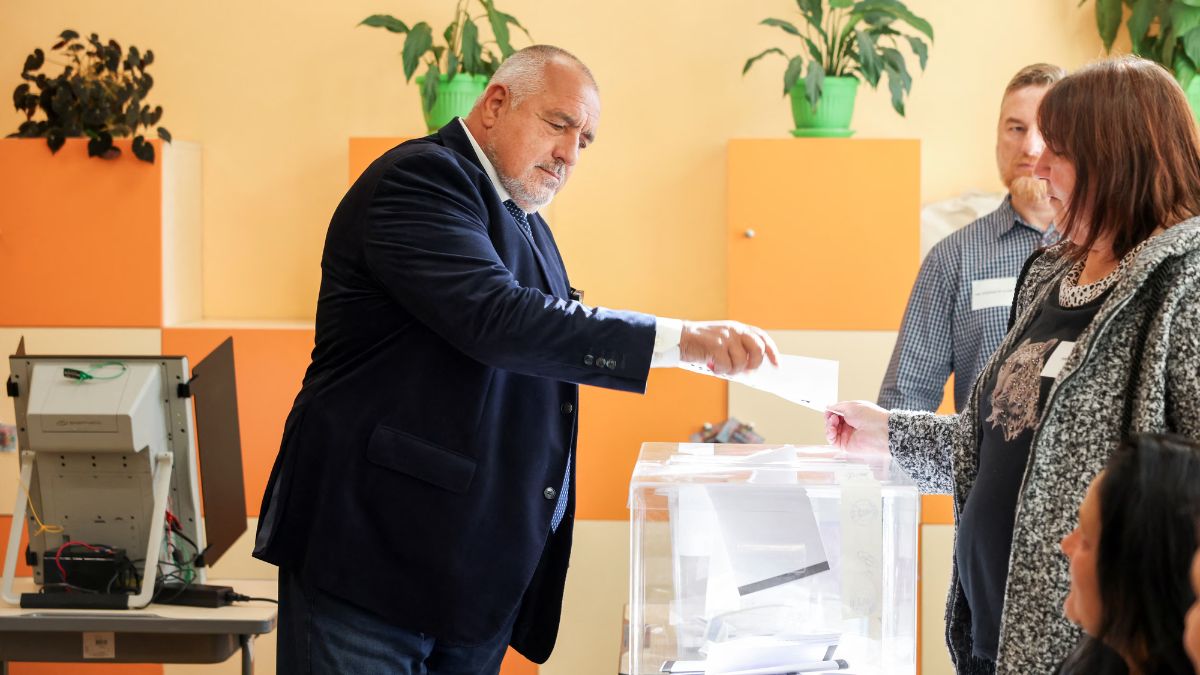Hundreds of protesters took to the streets in Bulgaria this week, demanding a new election following allegations of vote-buying in the October 27 parliamentary vote, which aimed to end a prolonged political deadlock.
The Interior Ministry reported more than 400 cases of suspected vote-buying before the election, while hacktivists earlier published a list of 200 names allegedly buying votes for DPS A New Beginning, a new party led by sanctioned oligarch Delyan Peevski.
The party finished fourth, receiving 280,000 votes, or about 11 per cent of ballots cast, particularly in areas marked by voting irregularities, Politico reported.
Demonstrators gathered outside the presidency building in Sofia on Tuesday (October 29) and Wednesday (October 30) evenings, with some holding banners reading, “WE DO NOT RECOGNIZE BOUGHT ELECTIONS.”
Others burned a fake ballot box labelled with Peevski’s name, pledging to return for further protests on Thursday.
President Rumen Radev on Thursday (October 31) called for an investigation into what he described as “ugly practices.”
“Bulgarian citizens have the right to know in whose interest their institutions are working and whether someone is infiltrating the National Assembly through vote-buying, threats, and racketeering,” Radev said.
“There can be neither bought nor forced democracy. Accepting this as normal would mean abandoning the very idea of people’s rule.”
Bulgaria election results
Bulgaria’s centre-right GERB party won a parliamentary election on Sunday (October 27), preliminary results showed, but it will have to seek a coalition partner to form a government.
Impact Shorts
More ShortsAccording to preliminary results from the state election commission based on a partial vote count, GERB won 26.08 per cent of the votes, according to Reuters.
The reformist We Continue the Change (PP) party came second with 14.76 per cent, the commission website showed on Monday (October 28) morning after counting more than 82 per cent of the votes, while the ultra-nationalist Revival party came third with 13.8 per cent.
With inputs from agencies


)

)
)
)
)
)
)
)
)



